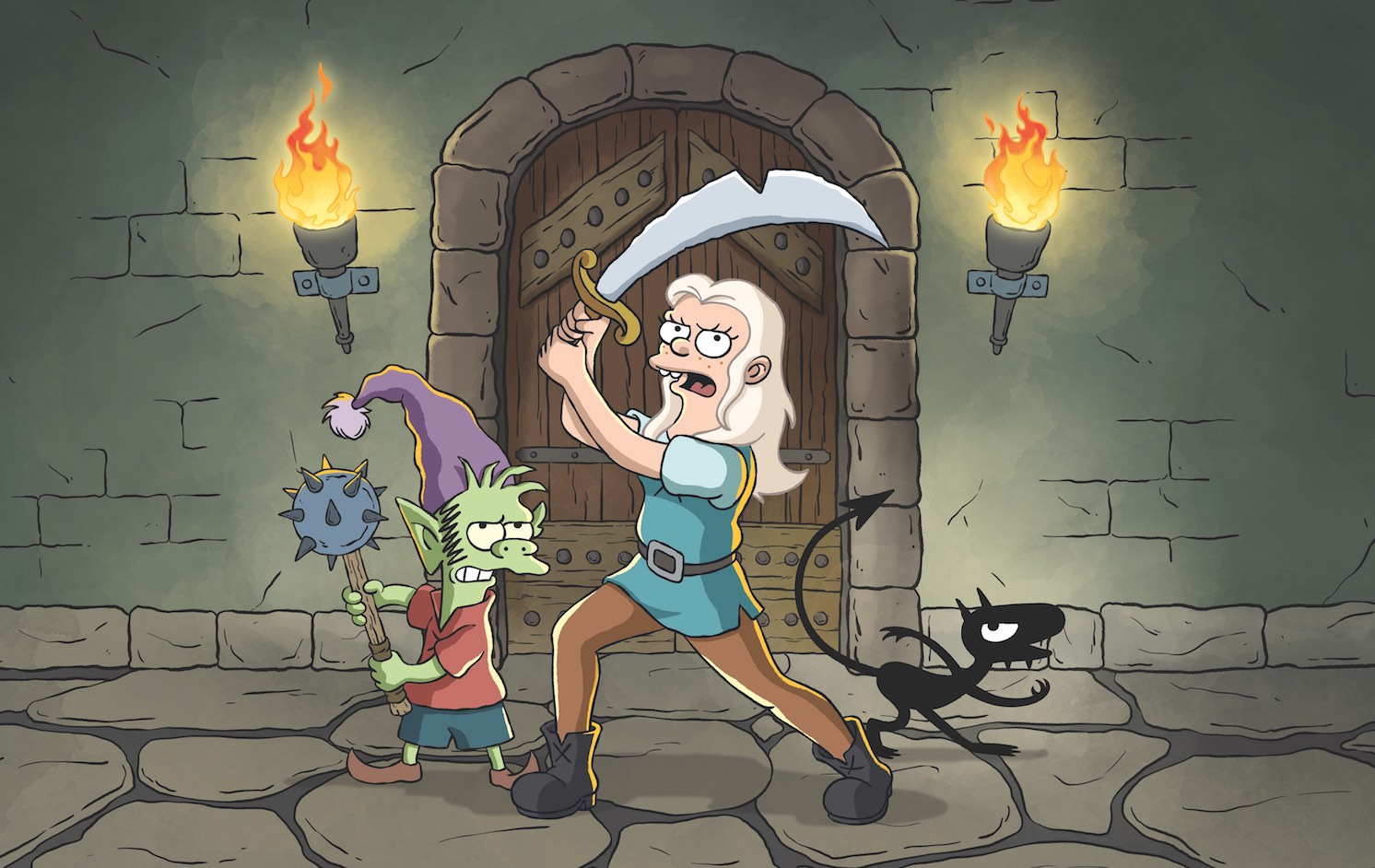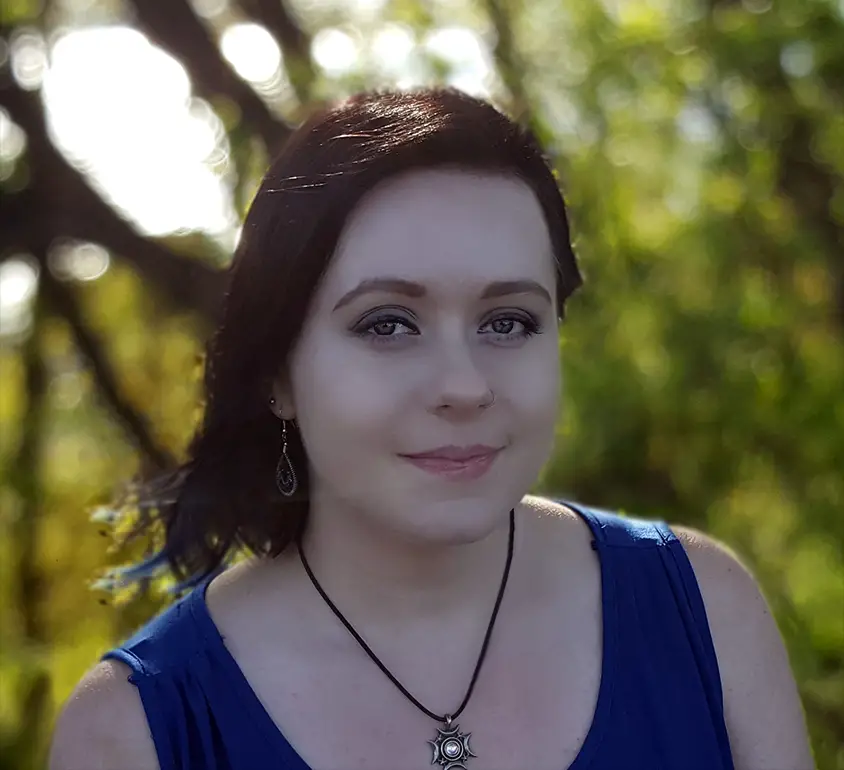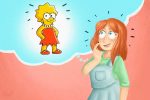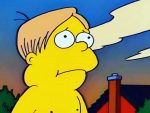After tackling the present in “The Simpsons” and the future in “Futurama,” Matt Groening and Josh Weinstein have now produced a new show, “Disenchantment,” which is a stumbling foray into the past.
Being the “Futurama” fan that I am, as well as a renaissance faire enthusiast, I was hopeful when the show was announced. As demonstrated by “Skyrim” and “Once Upon A Time,” fantasy realms make for a truly magical story settings.
Then I saw the trailer and doubt set in. The elf had an irritating voice, the plot seemed trite and the humor cringey. I reminded myself that trailers aren’t always an accurate representation and the show still deserved a chance.
https://www.youtube.com/watch?v=Gp_RnJcb8Ig
After spending two evenings watching “Disenchantment” on the couch with my fuzzy blanket and only slightly less fuzzy cat, my opinion of the show hasn’t changed much.
“Disenchantment” trudges through the first few episodes without much character development and only some worthwhile humor. Eventually, since the show is serialized, it builds up to a substantial plot, but the characters lack an equal level of substance. Needless to say, I likely won’t be tuning in for part two.
“Disenchantment” is a tale as old as time. The show opens with morally ambiguous king Zog (John DiMaggio) forcing his rebellious daughter Bean (Abbi Jacobson) to marry a prince from a neighboring kingdom in the hopes of securing an alliance. In true Merida from “Brave” fashion, Bean is adamant she will only marry for love (or if she’s wasted). Instead, she prefers to spend most of her time knocking back drinks or gambling, and she has unprecedented fighting skills, which certainly help during bar fights.
Bean is soon joined by catlike demon Luci (Eric Andre), who shares her love of drinking and is bonded to her for life by some malevolent force, and a naïve, dorky elf named Elfo (Nat Faxon), who has just escaped from the sequestered town of Elfwood. The two creatures serve as the respective devil and angel on Bean’s shoulders, each persuading her to take a different moral route.

If the characters sound familiar, that’s because they’re quite similar to “Futurama’s” main trio — strong, badass Leela, oblivious loser Fry and chain-smoking, morally corrupt Bender.
The “Futurama” crew, however, are leagues more memorable and unique than Bean and her posse. The latter come off as caricatures that never get the chance to fully develop.
Right from the first episode of “Futurama,” I was invested in the quirky characters. I spend more time than I’d like to admit thinking about Season 4 episode ‘”Jurassic Bark,” where Fry’s dog Seymour waits for Fry every day until Seymour dies of old age (probably the saddest moment in all of television and film history, if you ask me.)
“Futurama” also played to viewers’ emotions with the evolving relationship between Leela and Fry. The majority of the show featured Fry’s futile attempts to try and woo Leela, who reacted in disgust. “Disenchantment’s” Elfo similarly vies for Bean’s affections, which gets old quickly and is pretty creepy, considering he’s a small green elf and she’s a normal-sized human.
It’s not just the characters which fall short. The humor often feels stale or downright cheesy. Elfo’s lines in particular, paired with his whiny timbre and naivety, made me groan internally a few times.
Similarly, I grew tired of Luci’s quips about how evil he is and how he’s going to corrupt Bean. During the third episode, he calls her a chicken and proceeds to perform the “bawking” bit viewers have surely seen countless times.
It doesn’t help that several voice actors are from Groening’s prior shows, and even use the same exact voice. It’s a bit jarring, and only increases my desire to switch to one of Groening’s other animated comedies.
“Disenchantment” is rife with drawn out timing, both comedic and in terms of the plot progression. This could partially be attributed to the average 30-minute episode length — possible since the show skipped cable and went straight to Netflix.
Despite its shortcomings, “Disenchantment” succeeds at subverting common fairytale elements. In Episode 1, Bean, Luci and Elfo run into a fairy who bears a suspicious resemblance to an older Tinkerbell. She offers them her services in exchange for money. The trio exchange a coin for information instead, but as they skedaddle, a bird dressed in a suit hops into a nest with Tinkerbell, who shoots him a suggestive look.
The medieval setting proves a new playground for time-relevant jokes and gags. I especially enjoyed the digs at the exploration of religions during the dark ages.
At Bean’s wedding, the officiant says, “As we stand here in this overly large building designed to make us feel small and inadequate, we ask the invisible God we think is up there to watch over us if he, she, or it is even capable of things like watching over us.” She goes on to say that “Nobody knows for sure, but if I talk with confidence, you dopes will believe anything I will say.”
Another funny moment is when the captain of the party boat warns the attendees of Bean’s second groom-to-be’s bachelor party to be wary of the parallel mermaid and walrus islands. “And you don’t want to mix the two up, believe me,” he cautions. It turns out that like sirens, walruses can also sing hauntingly beautiful songs in order to lure men in. Let’s just say things don’t turn out great for Bean’s betrothed.
Despite the weak characterization, anti-hero Bean’s journey is a valiant one. She’s trying to discover who she really is, while being influenced by others along the way. Demon Luci also goes on a journey of his own — the more time he spends with Bean and Elfo, the more humanity he seems to gain.
The first 10 episodes of any show are akin to a baby taking its first wobbly steps. Much like “The Office,” perhaps “Disenchantment” will take a while to find its groove, hopefully ultimately engrossing viewers in what happens to Bean and her friends.
With all the animated comedy experience Matt Groening has, “Disenchantment” meanders a surprising amount. It’s different from Groening’s previous shows, but not different enough to really shine. Like Bean, the show doesn’t know its place just yet.
In order for viewers to fall under “Disenchantment’s” spell, it’ll take a bit of magic — maybe some elf blood?

















